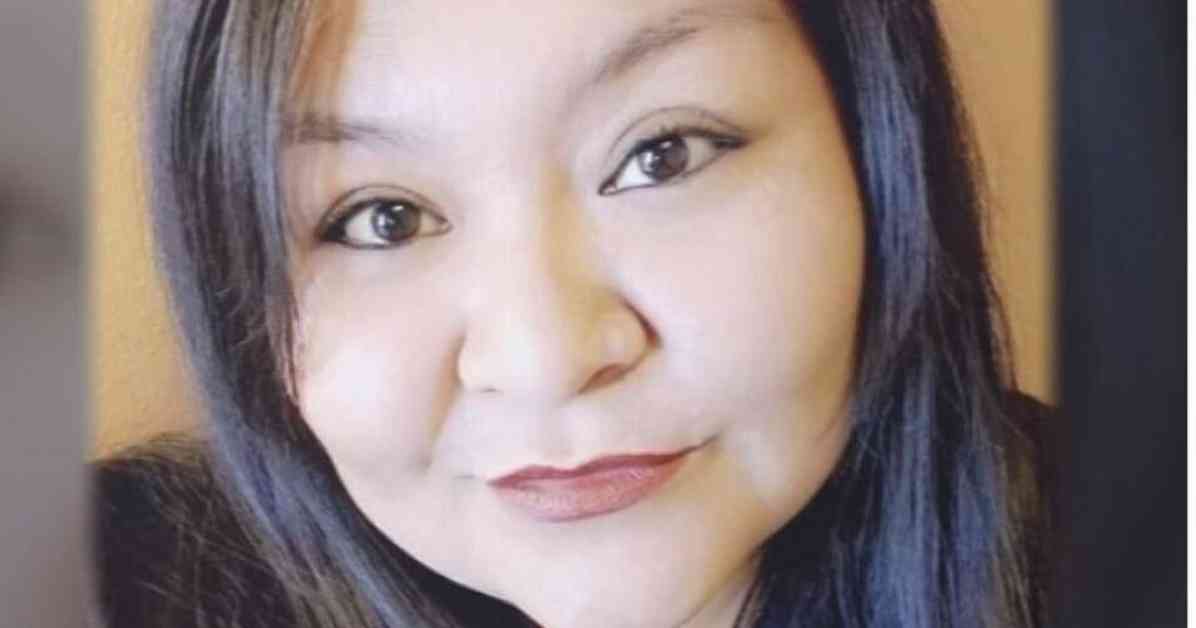Navajo Mother Murdered by Boyfriend: Life Sentence for Killer
On September 23, 2024, a federal courtroom in downtown Phoenix witnessed a heart-wrenching scene as family members of a slain Navajo woman, Jaime Yazzie, poured out their grief. Five years after her tragic death, her boyfriend, Tre C. James, was sentenced to life imprisonment for first-degree murder by U.S. District Court Judge Douglas L. Rayas. This case not only brought justice for Yazzie but also shed light on the larger issue of missing and slain Indigenous women, which officials describe as an epidemic.
Jaime Yazzie, a 32-year-old mother of three sons, went missing in the summer of 2019 from her community of Pinon on the Navajo Nation. Despite a high-profile search, her remains were only discovered in November 2021 on the neighboring Hopi reservation in northeastern Arizona. The FBI had offered a reward of up to $5,000 for information leading to the arrest and conviction of those responsible for Yazzie’s disappearance and death.
Tre C. James was convicted last fall for Yazzie’s fatal shooting, as well as several acts of domestic violence against three former dating partners. Yazzie’s three sons, now aged 18, 14, and 10, along with other relatives and dozens of supporters, attended the sentencing. Outside the courthouse, a group of supporters demonstrated by chanting and beating drums, highlighting the widespread impact of this case.
The Impact of Yazzie’s Murder
Yazzie’s mother, Ethelene Denny, expressed the family’s profound loss to the judge before the sentencing. As English was her second language, Denny meticulously crafted her statement to capture the depth of their suffering. The pain of Yazzie’s disappearance, the agonizing search, and the devastating moment her remains were found were detailed by Denny, painting a heart-wrenching picture of their grief.
A poignant moment during the sentencing was the playing of a recorded video statement from Yazzie’s father, James Yazzie, who has since passed away. In the video, an ailing James Yazzie expressed his anguish at losing his daughter and the mother of his grandchildren. His words resonated with the court and those in attendance, underlining the profound impact of Yazzie’s murder on her family.
Leona Yazzie, Jaime’s older sister, was visibly moved by the video, reflecting on the bittersweet emotions it stirred within her. The FBI, which had been instrumental in the investigation, praised the sentencing as a reminder that Yazzie was not forgotten. Special Agent in Charge Jose A. Perez reaffirmed the bureau’s commitment to addressing the violence faced by Native American communities in Arizona and seeking justice for victims like Yazzie.
Missing and Murdered Indigenous Women Movement
Yazzie’s case gained prominence through the Missing and Murdered Indigenous Women grassroots movement, which aims to raise awareness of the pervasive violence against Indigenous women and girls in the United States and Canada. The U.S. Interior Department’s Bureau of Indian Affairs has labeled the violence against Indigenous women as a crisis, citing alarming statistics of assault, abduction, and murder within these communities.
A 2016 study by the National Institute of Justice revealed that over 80% of American Indian and Alaska Native women have experienced violence in their lifetimes, with more than half falling victim to sexual violence. These staggering figures underscore the urgent need to address the systemic issues contributing to the vulnerability of Indigenous women and girls to violence and exploitation.
As supporters of the Missing and Murdered Indigenous Women movement celebrated outside the federal courthouse in Phoenix, chanting “We got justice for Jamie,” the message was clear: Yazzie’s case was not just about one woman but emblematic of a larger struggle for justice and recognition of the lives lost within Indigenous communities.
In conclusion, the sentencing of Tre C. James for the murder of Jaime Yazzie represents a significant milestone in the fight for justice for missing and slain Indigenous women. As her family and supporters continue to mourn her loss, their unwavering determination to seek accountability and raise awareness of this ongoing crisis serves as a beacon of hope for a future where Indigenous women and girls are valued and protected.























